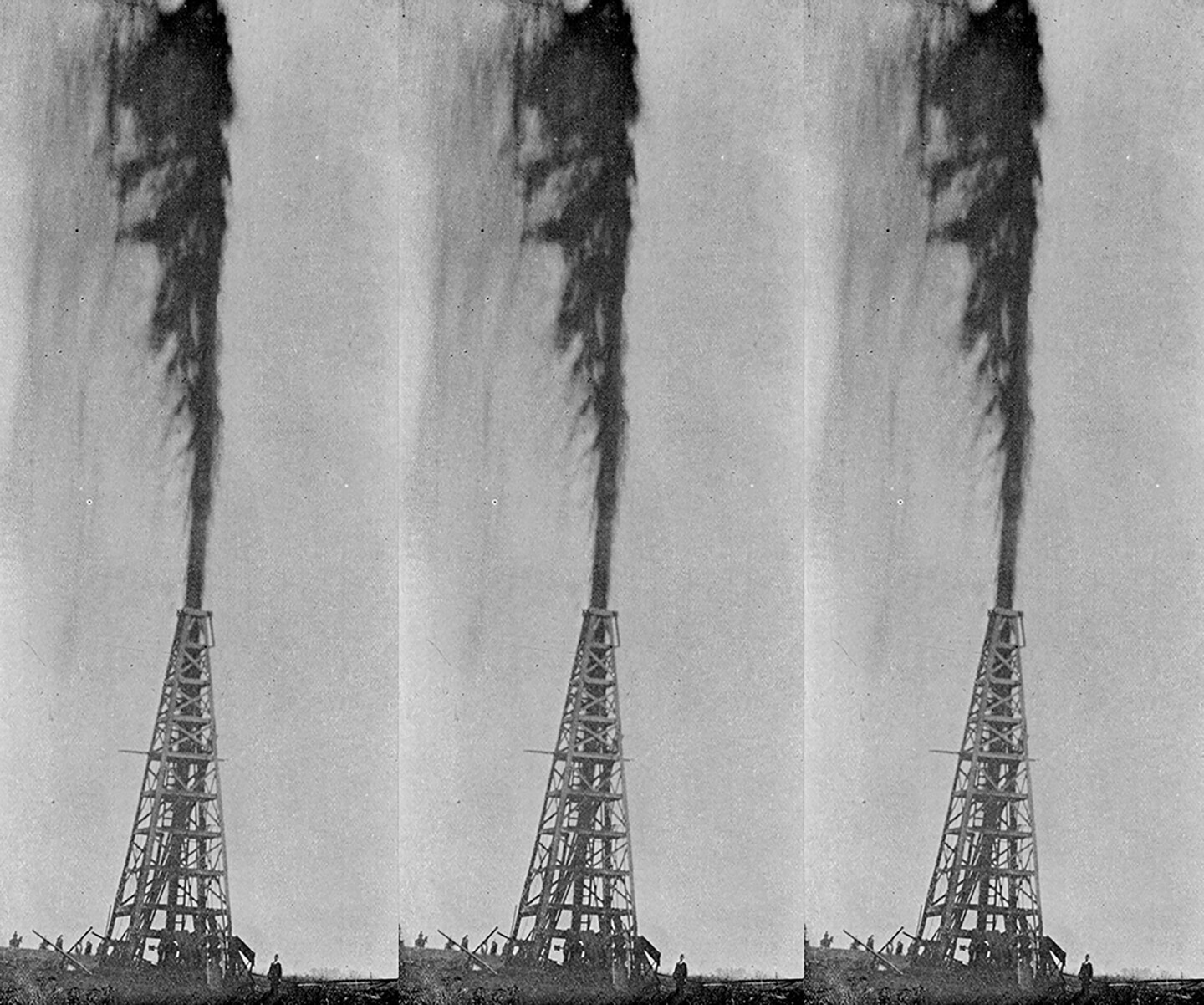September 21, 2023, 7pm
e-flux Architecure presents “Speaking of Oil: What Is Use-Value?,” a lecture by Reinhold Martin at e-flux on Thursday, September 21 at 7pm.
Since antiquity, utilitas has been among architecture’s defining characteristics. Still, it is probably not an overstatement to suggest that the critical humanities today remain predominantly committed to a politics of recognition, or representation. Even reference to Marxian concepts such as fetishism or abstraction tends to emphasize social relations in which recognition (or representation) fails or is blocked. Production-centered approaches, including those focused on the exploitation of labor or of resources, seem to offer a materialist alternative. To the extent, however, that these rely on a classical labor theory of value, rendered by Marx as a dialectics of use-value and exchange-value, their assumptions are anticipated by the neoclassical mainstream. Neoclassical (and later, neoliberal) economics essentially replaces Marxian dialectics with a calculus of marginal utility, or value accorded to things or processes based on their perceived utility to a consumer. Their differences notwithstanding, both approaches take utility as such for granted, whether as a technological fact or a psychological one. Truly systemic analysis must therefore begin with utility’s Marxian twin, use-value, a concept with eighteenth century origins that remains shrouded in ambiguity, despite its apparent self-evidence.
Historically, oil exemplifies the problem of use-value. At the time of the major discoveries in Texas and elsewhere around 1900, petroleum was used far more widely as an illuminant than as fuel. Only a half-century later, during the postwar Great Acceleration, did oil overtake coal as the leading energy source worldwide. The use-value of oil, in short, was far from obvious prior to its widespread commodification. Where marginalist doctrine attributes this commodification to the will of a sovereign consumer, this talk will revisit the Marxian concept of use-value through a brief, technological history of oil during the first half of the twentieth century. The larger aim will be to outline a critical basis for the natural and cultural history of capital.
“Speaking of Oil” is presented as part of e-flux Architecture Lectures, a monthly series inviting researchers and practitioners to discuss timely issues in contemporary architecture, theory, culture, and technology.
Reinhold Martin is a historian of architecture, technology, and media, Professor of Architecture in the Graduate School of Architecture, Planning, and Preservation (GSAPP) at Columbia University, and chair of Columbia’s Committee on Global Thought. His books include Knowledge Worlds: Media, Materiality, and the Making of the Modern University (2021); The Urban Apparatus: Mediapolitics and the City (2016); Utopia’s Ghost: Architecture and Postmodernism, Again (2010); and The Organizational Complex: Architecture, Media, and Corporate Space (2003). Previously, Martin has directed the Temple Hoyne Buell Center for the Study of American Architecture and chaired the Society of Fellows / Heyman Center for the Humanities at Columbia, and was a founding co-editor of the journal Grey Room.
For more information, contact program [at] e-flux.com.
Accessibility
–Two flights of stairs lead up to the building’s front entrance at 172 Classon Avenue.
–For elevator access, please RSVP to program [at] e-flux.com. The building has a freight elevator which leads into the e-flux office space. Entrance to the elevator is nearest to 180 Classon Ave (a garage door). We have a ramp for the steps within the space.
–e-flux has an ADA-compliant bathroom. There are no steps between the event space and this bathroom.


